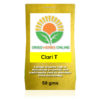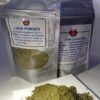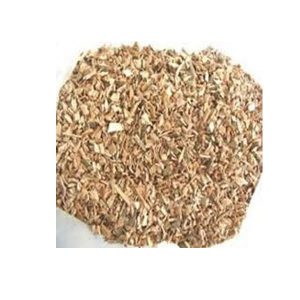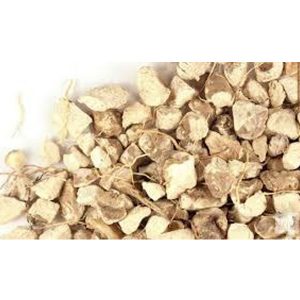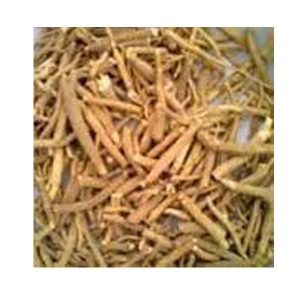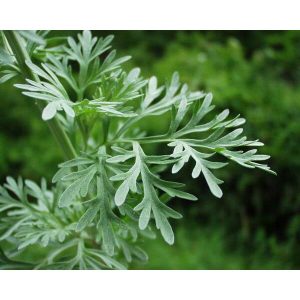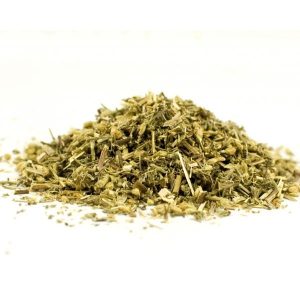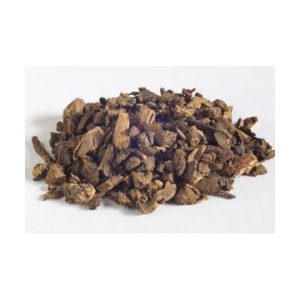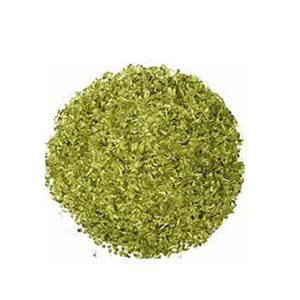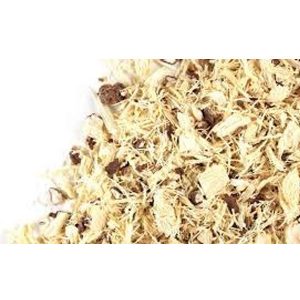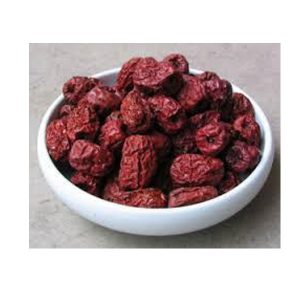
Shop
-
Z Tea – insomnia, relaxant, sleepless nights
or 4 payments of $2.49 with Afterpay
$9.95A hand selected blend of premium herbs used for centuries to relax and sedate you, promote sleep and overcome insomnia
This is one of our best teas for helping with sleep. Give this tea a try guaranteed to knock you out.
Have you enjoyed the benefit of my Z-T tea yet?
Think restful sleep, waking up refreshed and ready to greet each new day and forget insomnia. It’s possible. Thanks to my special herbal mix tea, Z-T

